Marilyn Webb is an acclaimed journalist and author, a talented professor, and a leading feminist activist. This June, at 76 years old, she will walk across a stage at the University of Chicago and add another credential to her resume: a Ph.D. in education.
The long-delayed recognition represents Webb’s success in countering the sexual harassment she experienced at UChicago in the 1960s, derailing her doctoral studies for half a century. After working with the University over the past year, she completed her dissertation and opened a new chapter in her life.
Webb hopes that her story can serve as inspiration not only to younger women in academia, but to her own children and grandchildren—a reminder that “life doesn’t stop when you age.”
“In an era of the #MeToo movement, things finally changed enough in the world for the University to be able to make this right,” Webb said. “Actually, the University of Chicago is taking historic action and is really in the vanguard of universities across the nation in making these vital corrections. From a feminist perspective, I am both grateful and view this as the start of a national trend that’s about time.”
In 1966, prior to national Head Start, Webb was a UChicago doctoral student in educational psychology, studying two nearby preschools where she also served as director. She had founded one parent-run school, and the other was part of Saul Alinsky’s The Woodlawn Organization. After finishing her coursework and passing her preliminary examinations, she tried to find faculty to serve on her dissertation committee.
Webb said she faced sexual harassment from the two professors she approached—both of whom suggested a physical relationship in exchange for serving on her committee. At the time, Webb only knew of two women on the University’s faculty, neither of whom specialized in her work on early childhood education.
Webb took her master’s degree and set out on a different path, making an impact as a leader of second-wave feminism—a move that she now realizes was connected to her experience of harassment. “I think that’s what propelled me into founding such a movement, although in retrospect I wasn’t as conscious of it at the time as I am now,” Webb said.
Webb’s thriving career included founding off our backs, a feminist periodical that ran for nearly four decades. In 1970 she founded the Women’s Studies Program at Goddard College—the first such program in the nation. She later worked as editor in chief of Psychology Today and was an editor and writer for newspapers and national magazines, including New York, Harper’s Bazaar, Women’s Day and Ladies Home Journal.
In 1997 she wrote The Good Death, a widely acclaimed book on end-of-life care, which was nominated by the publisher for a Pulitzer Prize and was a basis for Bill Moyers’ PBS series on death and dying. After teaching at the Graduate School of Journalism at Columbia University in New York, she was recruited to start a journalism program at Knox College, where she is now Distinguished Professor Emerita of Journalism.
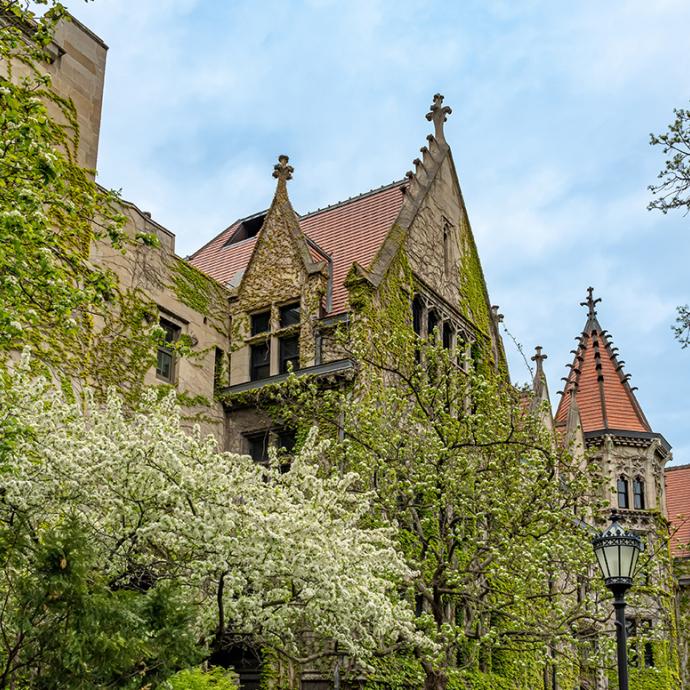
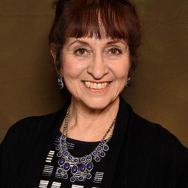

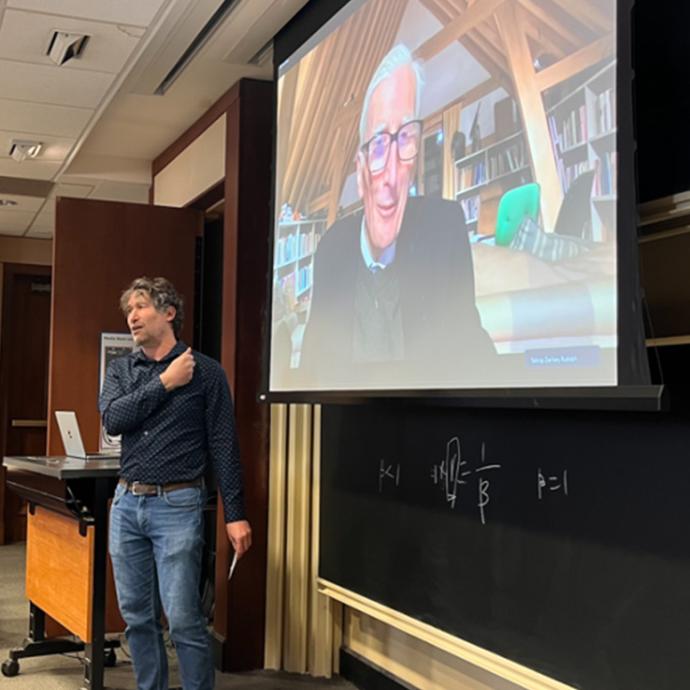


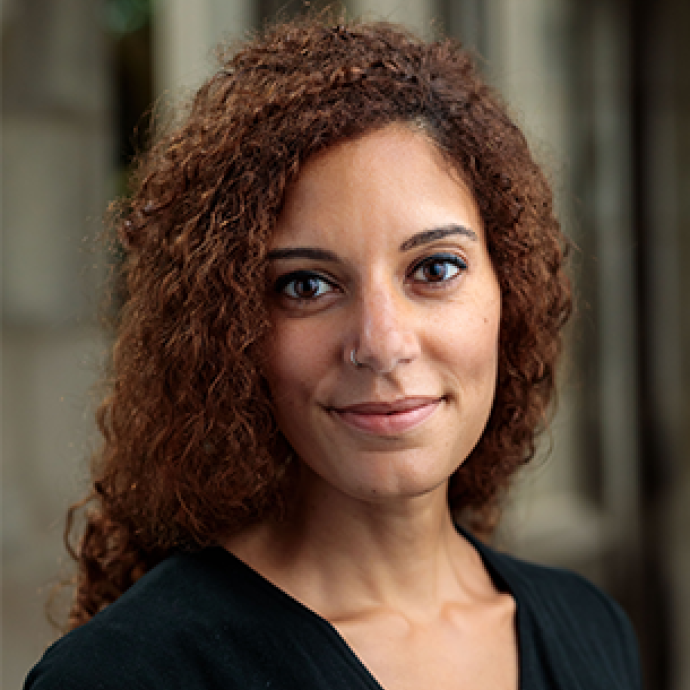
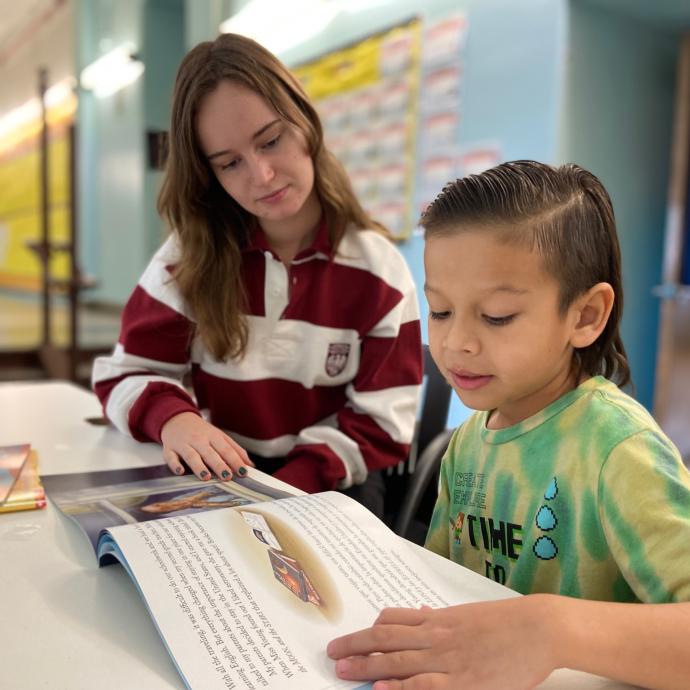



 —Prof. Chuan He
—Prof. Chuan He
